Elon Musk continues to try to stymie Apple's satellite ambitions three years after Tim Cook turned down an offer to use Starlink on the iPhone.
After starting work on the project in 2019, in 2022, Elon Musk made Apple a connectivity offer for the iPhone he thought that they couldn't refuse.
Musk's Starlink would provide satellite connectivity to the then unreleased iPhone 14 for 18 months. All it would cost Apple is $5 billion up front, and $1 billion a year after the exclusivity period expired.
And, if Apple refused the offer, Musk made an ultimatum that he would make a similar satellite feature that would work on the iPhone.
In a report published on Tuesday morning by The Information, Musk reportedly gave Tim Cook 72 hours to decide on the deal. Tim Cook declined, famously signing with Globalstar for the service.
This was another shot in the war between Apple and Musk, after a long string of them spanning a decade over employees, technology, innovation, and the like. And, Musk made good on his threat to roll out a competitive service.
Ultimately, Musk continued to rail against Apple in the wake of the satellite deal. He's complained that he may have to make a smartphone to compete against Apple. He's also sided with Epic CEO Tim Sweeney about App Store fees, and how they burden X. He doesn't seem to have any complaints about a feature that the Tesla app has that should be billed by the App Store, though.
But that's not all that Musk is doing to thwart Apple. SpaceX is challenging Globalstar's authority to use the radio spectrum allocation that it uses for iPhone satellite connectivity.
Should it win that challenge, and it may, Apple's satellite feature wouldn't function. Apple would likely have to turn to Musk to turn it back on.
Musk versus Tim Cook for satellite supremacy
In 2022, SpaceX started a challenge to Globalstar's wireless spectrum rights. Less than a year later, Space X objected to Globalstar's application to launch more satellites. This isn't new — we've spoken about this before.
"This shell game serves one purpose: to block competitive entry in frequencies Globalstar has never meaningfully used," SpaceX's vice president of satellite policy wrote in the filing.
The crux of that argument was that Globalstar wasn't even using all of the bandwidth it already had. The filing accused Globalstar of trying to lock out rivals — like SpaceX.
And, Apple was specifically named in the filings. This got Apple's attention.
Fearing President Donald Trump's then-good relationship with Elon Musk, Apple was reportedly concerned that SpaceX would get a leg-up on the filings. To fight that, Apple hired dedicated staff to dealing with the orbital spectrum problem.
Also according to the report, Musk has asked Apple to directly support SpaceX's competitive offering, still in beta well more than two years after launch, on the T-Mobile network. It's not clear how this will work out, as when fully rolled out, iPhones on T-Mobile will default to Starlink anyway.
Rebellion inside Apple: High-profile execs oppose Apple's plan
The challenges to Apple's satellite communication come from within the house as well. According to unnamed former Apple employees, the Globalstar network is slow and outdated, when compared to competitors. Furthermore, the additional satellites that Globalstar wants to launch for Apple services are said to not improve the situation much, if at all, for a decade.
There is also said to be a concern that Apple itself will attract regulatory attention over the matter. The main concern internally is said to be that the US government may decide that Apple itself is a telecommunications carrier.
Internal opponents to the satellite connectivity program reportedly include Craig Federighi, and head of corporate development Adrian Perica.
Notably, Perica has had dealings with Musk before. It is said that he had discussions about the often-denied Apple buyout of Tesla.
This all said, Apple is in it for the long haul with Globalstar. It has committed to a $1.7 billion investment in the company, with $1.1 billion of that for construction and launch of new satellites.
In the meantime the orbital wars between Musk and Apple are certain to continue.
 Mike Wuerthele
Mike Wuerthele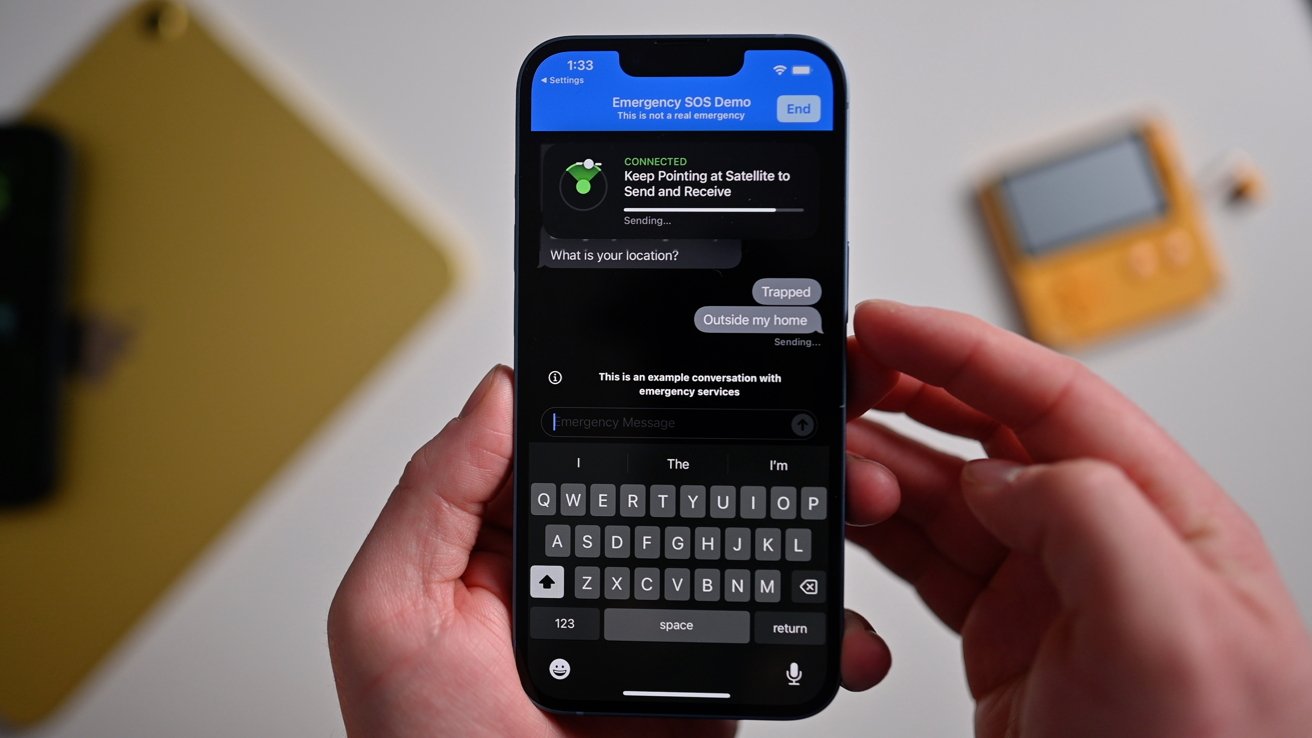

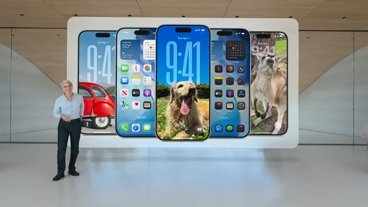


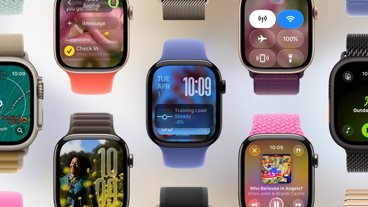



-m.jpg)


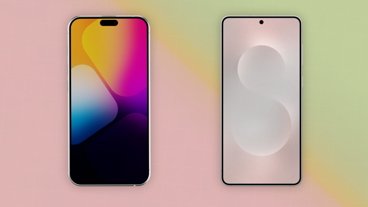


 Mike Peterson
Mike Peterson
 Wesley Hilliard
Wesley Hilliard
 Marko Zivkovic
Marko Zivkovic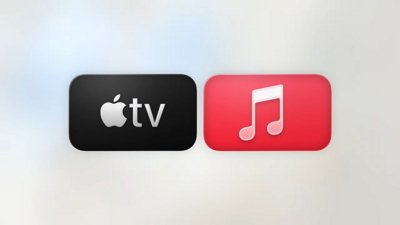
 Amber Neely
Amber Neely
 Oliver Haslam
Oliver Haslam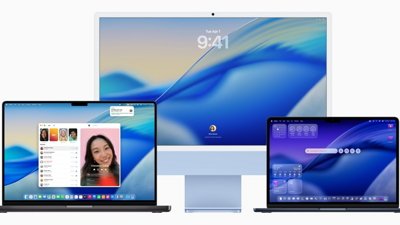
 William Gallagher
William Gallagher











13 Comments
I know little about the technology but if Starlink is significantly better than Globalstar it would seem to make sense for Apple To go with them. Reasons I can think of not to would be price, if the main use was intended to be simply emergency service so performance and speed wouldn’t be as much of a concern, and an interpersonal feud between Cook and Musk. One would hope the latter wouldn’t be the case but I’m not that naive to assume so.
Apple may need to restructure as a parent company with a computing arm, a communications arm, entertainment, transportation, etc. in order to avoid too much government oversight.
Apple is so big as it is that hostile governments will always be looking to take it down a notch. A restructuring may be in order if it wishes to expand its industrial footprint further.